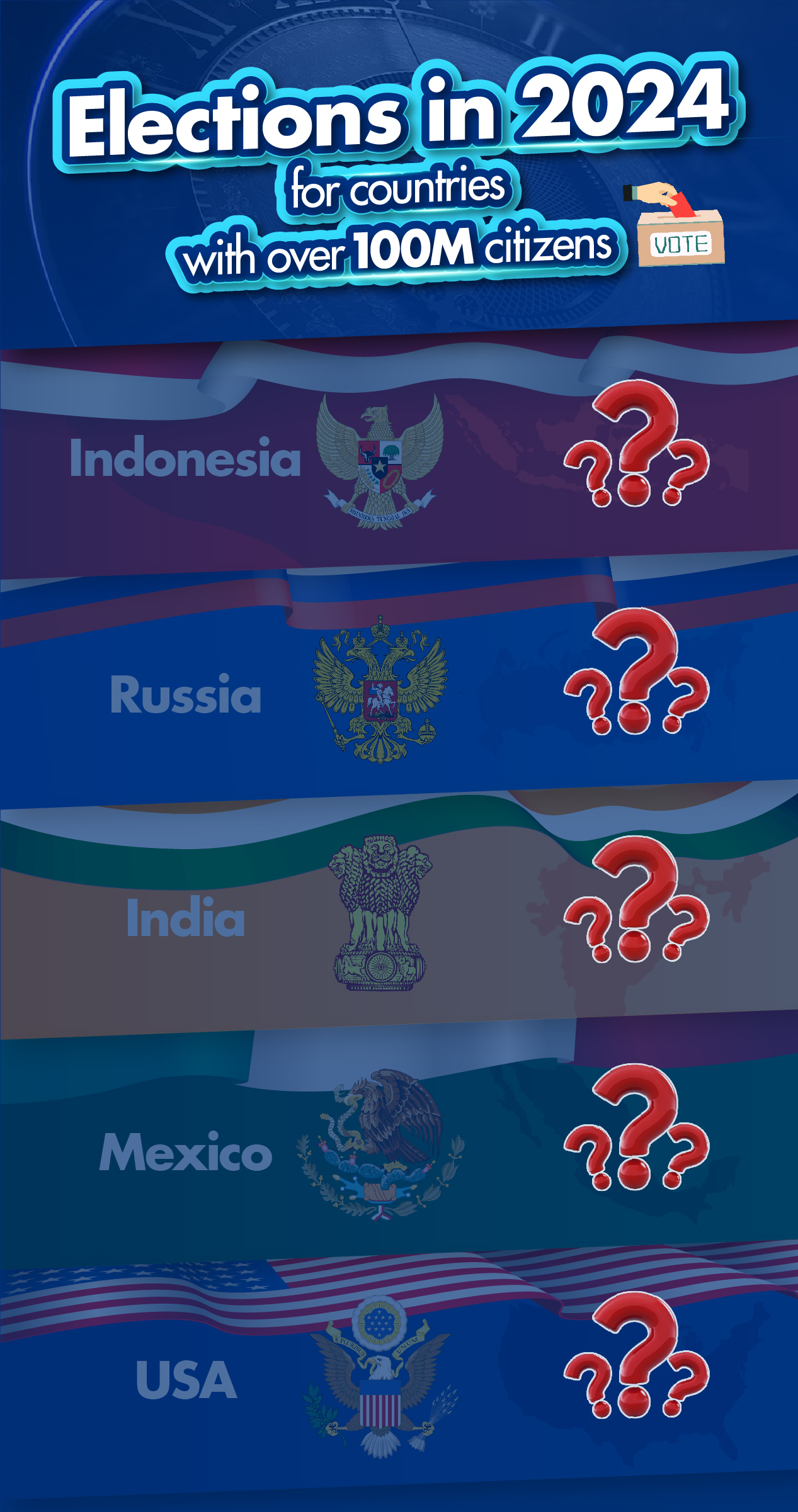The ‘Echo chamber’ effect of social media continues to influence political campaigns in 2024.
One side effect of social media connecting groups of like-minded people is the creation of biased environments, known as ‘Echo Chambers’. By exclusively presenting posts that align with their opinions, social media leads individuals to encounter only information that confirms and reinforces their own beliefs. The echo chamber effect of social media limits exposure to diverse political opinions, leaving individuals vulnerable to targeted political ads.

In 2018, The Guardian reported on Cambridge Analytica for illegally harvesting personal data from 50 million Facebook profiles. The political consulting firm exploited this data to strategically target US voters. Cambridge Analytica successfully swayed voters’ opinions with personalized political ads in favor of Trump during the 2016 US presidential elections.
On February 14th of this year, Indonesian Defense Minister Prabowo Subianto declared victory in the presidential elections, securing 58.89% of the votes—more than double that of his closest opponent. The former special forces commander strategically campaigned on social media. As about half of Indonesia’s 205 million voters are under 40, he featured a chubby-cheeked, doe-eyed cartoon that resonated particularly well with the youth. His cuddly avatar was showcased in #Prabowo-tagged posts, accumulating over 19 billion views on TikTok.
As events of this pivotal election year unfold, there’s still hope that social media remains a catalyst for connecting people and reducing the knowledge gap. However, the status quo raises questions about whether social media is evolving into the ultimate propaganda tool.

Sources:
Texas University: What is a Social Media Echo Chamber?
The Guardian: Cambridge Analytica and Facebook influence US election
The New York Times: Cambridge Analytica Scandal Fallout
Reuters: Indonesia’s Prabowo claims victory after presidential election rout


